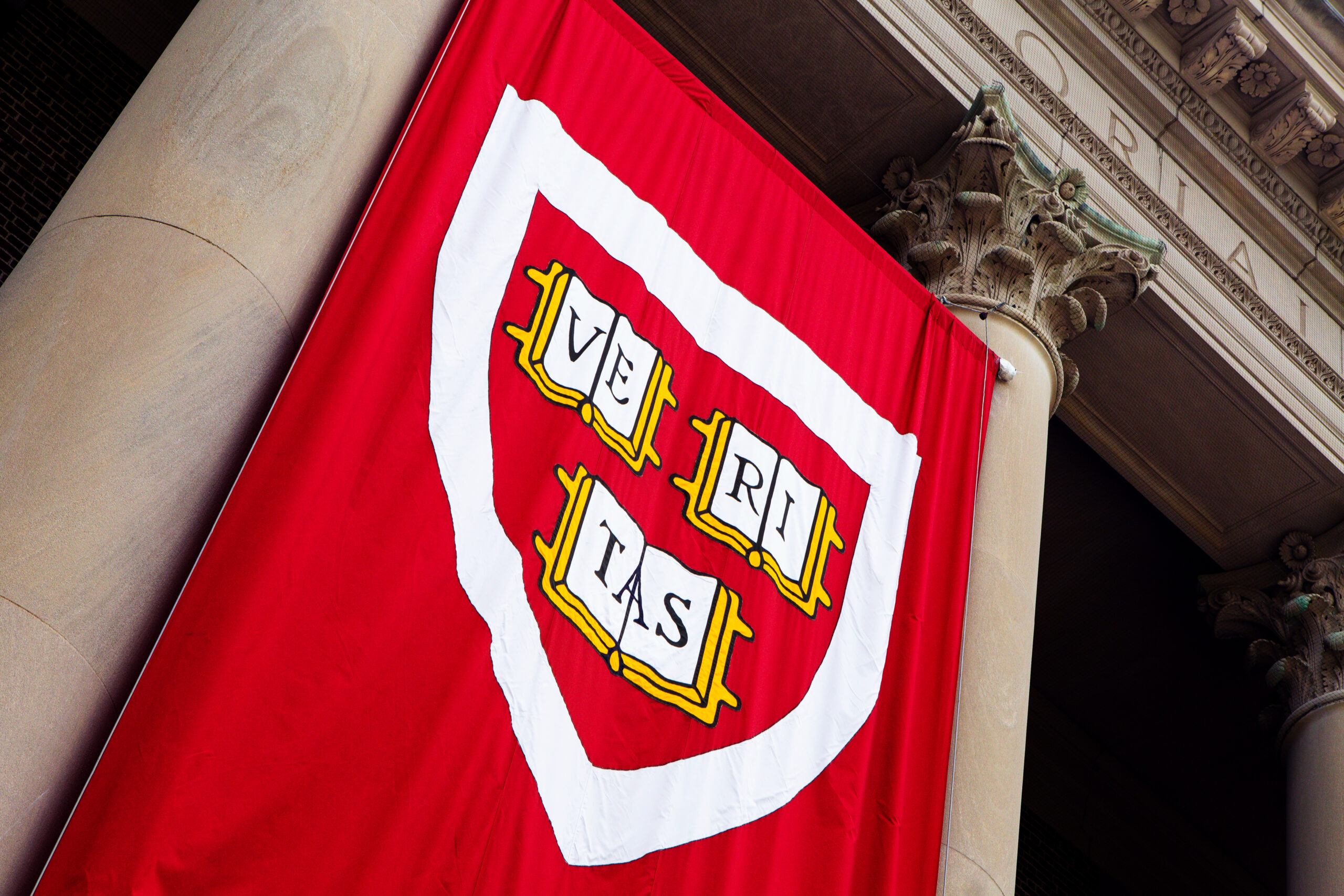

After months of controversy over plagiarism and antisemitism, Harvard saw a small drop in undergraduate applications for the class of 2028, according to data published Thursday night.
The school received nearly 3,000 fewer applications this year than last, although the drop represented a modest 5.14% decrease in applicants overall. Harvard noted that this year marked the fourth in a row for which more than 50,000 students applied.
The small drop in the number of students seeking regular admission to Harvard followed a more significant 17% decrease in applicants to Harvard for early action, according to numbers the school released in December. Overall, 1,245 students were accepted for the regular admissions cycle, who will join 692 students accepted in December in early action.
The admissions data came amid speculation about how recent reputational damage to Harvard might affect interest in the school, as noted in late February when Jeffrey Sonnenfeld, Yale School of Management professor, shared concerns about how Harvard’s tumultuous past year had potentially damaged academia as a whole.
“Despite near 400 years of history, the value of brand equity is nowhere near as permanent as Harvard trustees think it is,” he said last month, according to the New York Times. “There used to be a term in the industry of something being the Cadillac of the industry. Well, Cadillac itself is, you know, sadly not the Cadillac of the industry anymore.”
Harvard has endured a rocky year since the last class was admitted to the school, facing a litany of scandals calling into question the school’s academic integrity and treatment of Jewish students.
The school appears to have been in free fall since its former president, Claudine Gay, sparked a firestorm that began with her botching testimony about antisemitism on Capitol Hill and ended weeks later with her resignation amid plagiarism allegations.
Harvard is the subject of multiple federal investigations. Two of the investigations were launched by the Department of Education’s Office for Civil Rights, with one probing anti-Muslim bias and the other looking into antisemitism. Another antisemitism investigation was launched by the House Education and Workforce Committee, which has reached a fevered pitch with subpoenas and accusations of “malfeasance” from committee Chairwoman Virginia Foxx (R-NC).
The school has also been on the receiving end of public criticism and boycotts from prominent alumni, who have at times given vast sums of money to the school.
Some billionaire alumni donors have decided to boycott donating, as the Washington Examiner reported, including hedge fund manager Kenneth C. Griffin, whose monetary support for the school has totaled roughly $500 million, and businessman and philanthropist Leonard V. Blavatnik, whose $200 million donation stands as the single largest in school history. Both said they would stop their support.
Harvard’s spiraling also resulted in multiple lawsuits, one of which came from six students calling the school a “bastion” of antisemitism and the other from alumni who argue “rampant antisemitism” has devalued their diplomas.
Likely the most high-profile criticism has come from billionaire hedge fund manager Bill Ackman, who is widely considered a driving force behind the ouster of Gay. Ackman has given an unknown amount, potentially tens of millions of dollars over the years, to his two-time alma mater.
CLICK HERE TO READ MORE FROM THE WASHINGTON EXAMINER
Ackman drew an enormous amount of attention to problems at Harvard, loudly criticizing the school for its dedication to diversity, equity, and inclusion, its apparent leniency with antisemitism, and plagiarism scandals that did not stop at Gay.
“Had Claudine Gay had a perfect academic record, she’d still be a failed leader at Harvard,” Ackman said, according to the Wall Street Journal. He cited problems with her leadership that included “how she led the institution, how she let antisemitism erupt on campus; how she responded to the 34 student groups; the lack of free speech on campus, the campus culture, the speech codes … the DEI department.”





